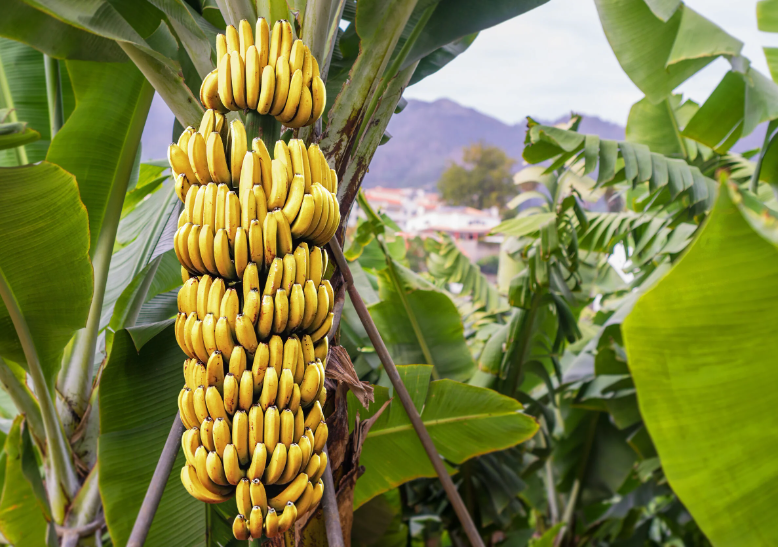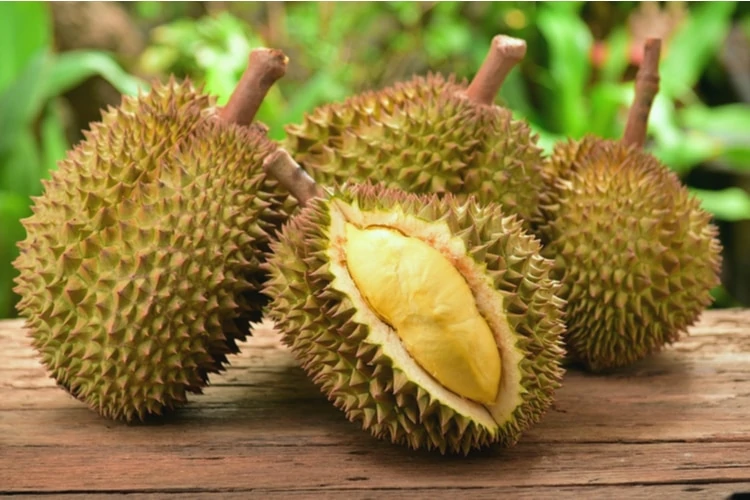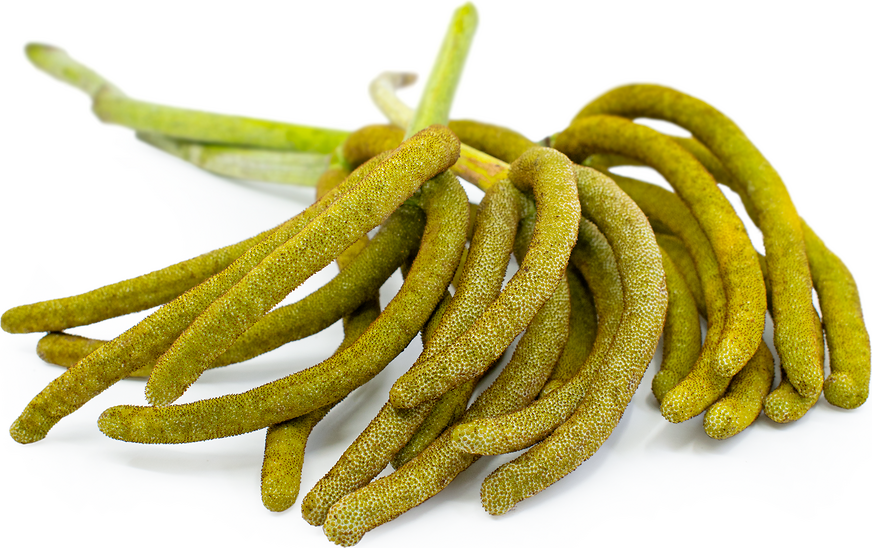Tropical fruits are special kinds of fruits that do really well in the hot and damp areas around the middle of the Earth. These places usually get lots of rain and sunshine, which, along with good soil, helps these fruits grow. Tropical fruits are easy to spot because they have bright colors, taste different and interesting, and are good for your health.
Table of Contents
- What Makes Tropical Fruits Special?
- But What About Fig? Is It A Tropical Fruit?
- The Story and Origin of Figs
- Where Do Figs Grow Best?
- What’s In A Fig? Nutritional Information
- Good Things Figs Do For You
- How To Use Figs In Cooking
- Some Favorite Fig Dishes
- Tips for Choosing and Keeping Figs Fresh
- Fascinating Fig Facts
- Wrap Up: The Fig Story
- Frequently Asked Questions About Figs
What Makes Tropical Fruits Special?
Tropical fruits have some things in common that make them stand out. They are usually juicy and have soft insides. The way they taste can be sweet and tangy or very different and remind you of the tropics.
These fruits are full of helpful nutrients like vitamins, minerals, and things called antioxidants. Eating them is not just a treat for your taste buds, but also a plus for your health.
But What About Fig? Is It A Tropical Fruit?
No, figs don’t fit into the tropical fruit group. They are actually what you call temperate fruits, which means they grow in a not-so-hot and not-so-cold climate.
The Story and Origin of Figs
Figs have been around for a really long time. People think they first grew in places like Western Asia and around the Mediterranean Sea. Over the ages, they have been planted in many areas with climates that suit them, becoming an important flavor in the local foods of those places.
Where Do Figs Grow Best?
Figs don’t need a tropical place to grow; they like a temperate, or Mediterranean, kind of weather with hot summers and cool winters. They’re pretty flexible and can grow in various places if the climate is somewhat similar, but they’ll have a hard time in really hot or really cold areas.
What’s In A Fig? Nutritional Information
Figs are yummy and also full of healthy stuff. They give you fiber, potassium, and important vitamins like K and B6. They’re also loaded with antioxidants, which help your body fight off damage from harmful molecules.
Good Things Figs Do For You
Because of the nutrients they contain, figs do some great things for your body. The fiber helps your digestive system stay on track. They also have substances that might stop swelling and protect your heart. Figs could help keep your blood sugar stable and might even be good for keeping a healthy weight when you add them as a part of varied meals.
How To Use Figs In Cooking
Figs are versatile and can be used in all kinds of cooking. You can eat them just as they are, throw them into salads, or put them into dishes that are either sweet or not sweet.
They taste great with things like cheese, nuts, honey, and balsamic vinegar, giving you some delicious flavor mixes. You can use figs in making desserts, jams, chutneys, and they’re even good in baked treats.
Some Favorite Fig Dishes
- Salad with Fig and Goat Cheese
- Figs Wrapped in Prosciutto
- Homemade Fig Jam
- Tart with Fig and Walnuts
- Pizza with Grilled Figs and Arugula
Tips for Choosing and Keeping Figs Fresh
When picking figs, go for ones that feel plump, are a little soft, and smell nice. Stay away from those that are too squishy or look like they have been bruised. Figs can spoil quickly, so it’s important to eat them soon or store them correctly. Put them in the fridge and try to use them within a couple of days.
Fascinating Fig Facts
- Figs aren’t truly fruits; they are inverted flowers.
- There’s a special kind of wasp that helps fig trees by spreading their pollen.
- Throughout history, figs have meant a lot in various cultures and religions.
Wrap Up: The Fig Story
Even though figs taste delightful and offer a bunch of health perks, they’re not in the tropical fruit category. These fruits prefer the in-between climate of the temperate zones and have been a part of people’s diets all over the place for a very long time. Figs are a fruit that you can really enjoy, whether you’re snacking on them, using them to cook, or finding meaning in their history and symbolism.









